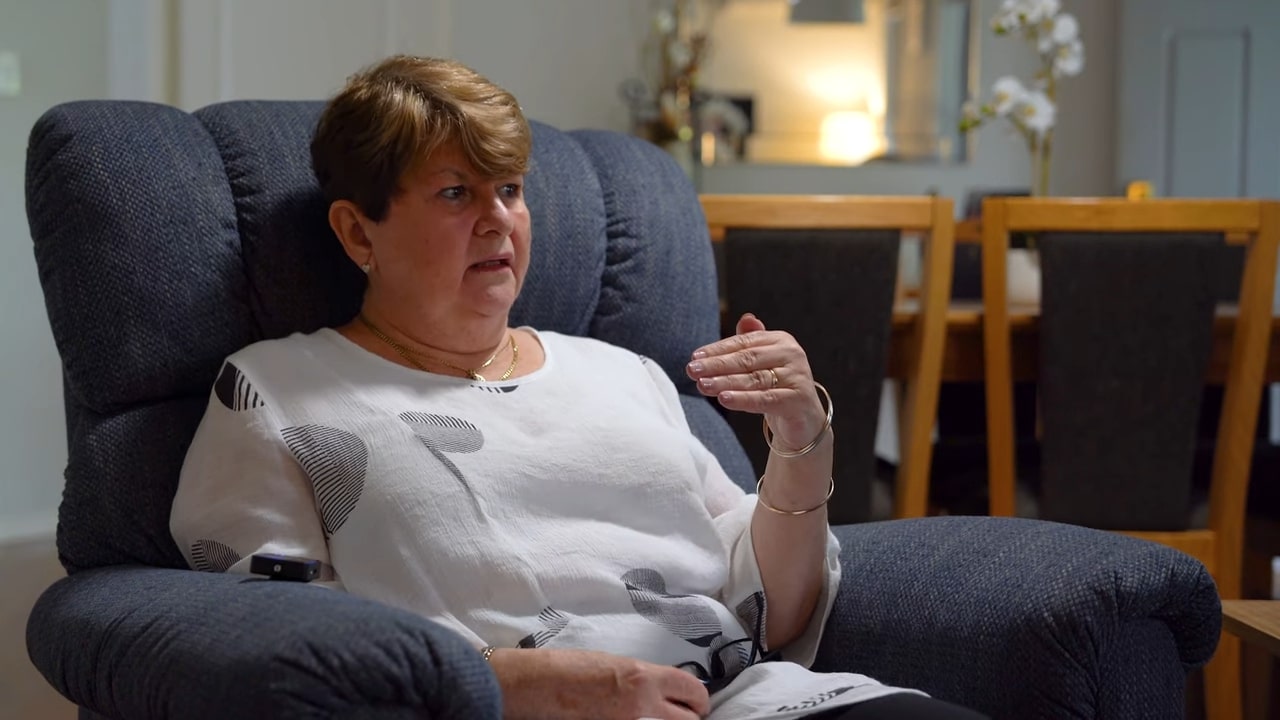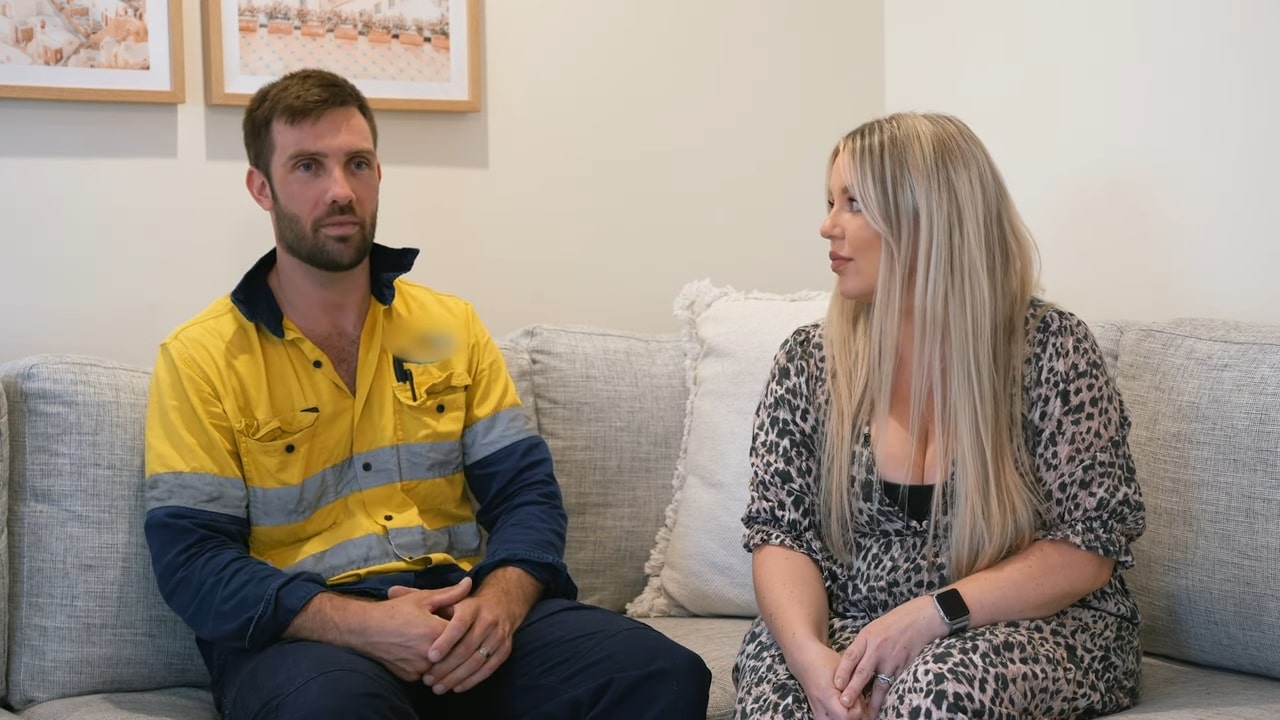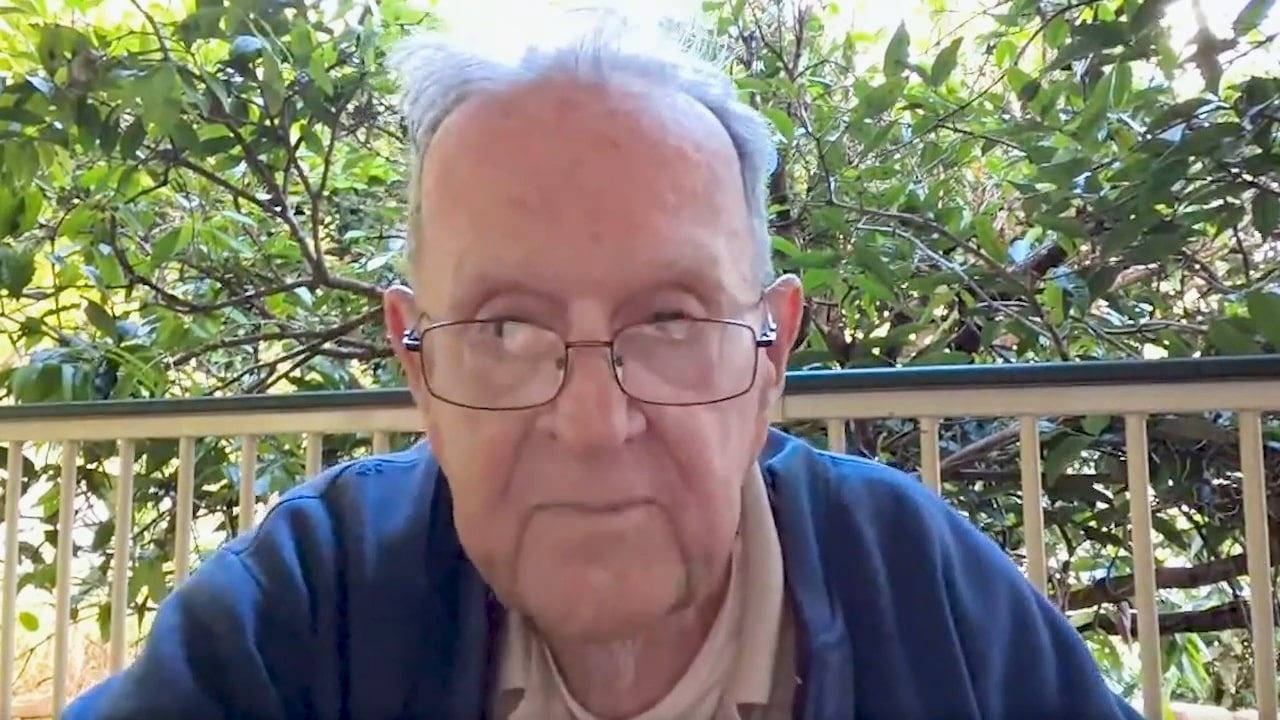What is toxic mould exposure?
Toxic mould in your home or workplace can cause severe respiratory health conditions as it produces mycotoxins (toxic substances).
Sensitive individuals—such as the elderly, children, or those with existing respiratory issues like asthma—will be more prone to side effects such as sneezing, coughing, congestion and eye irritation. Over time, even those with stronger immune systems may develop symptoms due to prolonged exposure.
Toxic mould exposure can cause a lot of physical and psychological trauma, not to mention financial anxiety. Rogalski Lawyers has helped hundreds of Queenslanders receive the compensation they deserve if they find toxic mould in their home, rental or workplace.
Whether just starting the process or disputing a rejected claim, we’re on your side.
Get a FREE Claim AssessmentWhat does toxic mould compensation cover?
Every situation is unique and will require an in-depth review by an experienced compensation and mould lawyer. Most compensation claims will cover:
General Damages for Pain and Suffering
Medical Expenses
Rehabilitation Expenses
Loss of Income
Superannuation Benefits
Commercial Value of Care and Assistance Costs
Out of Pocket Expenses
Use our quick and easy FREE claim checker to see if you qualify.
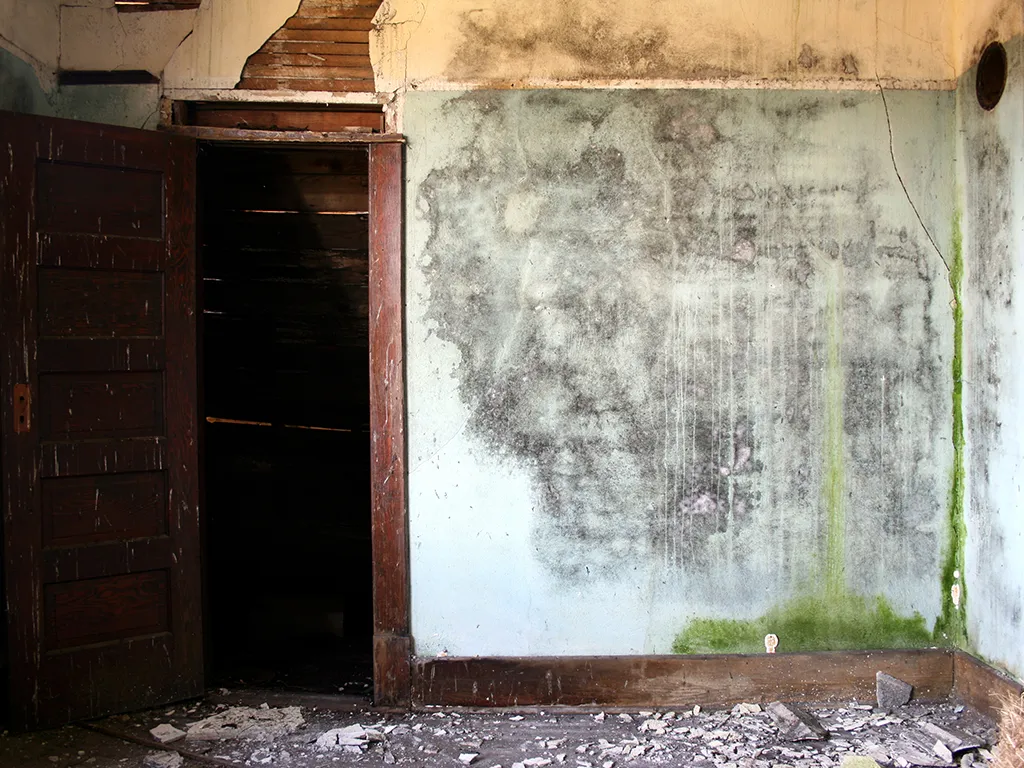
Have you found toxic mould in your home?
For Tenants
If the landlord doesn’t fix a mould problem after reasonable notice, and it’s proven they’re responsible, the tenant can send a Breach of Duty Notice to their landlord. This breach serves as a final warning to rectify the issue, or the tenant may take legal action.
If mould then causes long-term health problems, tenants may have the right to seek compensation via a public liability claim.
For Property Owners
Most insurance policies do not cover mould as a primary event. However, most will pay if the mould damage is secondary to an insured event, e.g. storm and water damage.
Proving mould growth requires an expert, such as a mycologist, to determine its source before you submit a claim. If your insurance company approves this claim, they must facilitate repairs. They may also be responsible for any additional growth, damage or health issues caused by failed repair attempts.
Insurers’ responses to mould claims vary widely—some deny claims, others try settlements after failed remediation attempts. Our dedicated compensation experts and mould lawyers will always advise the best course of action for your personal and financial well-being.
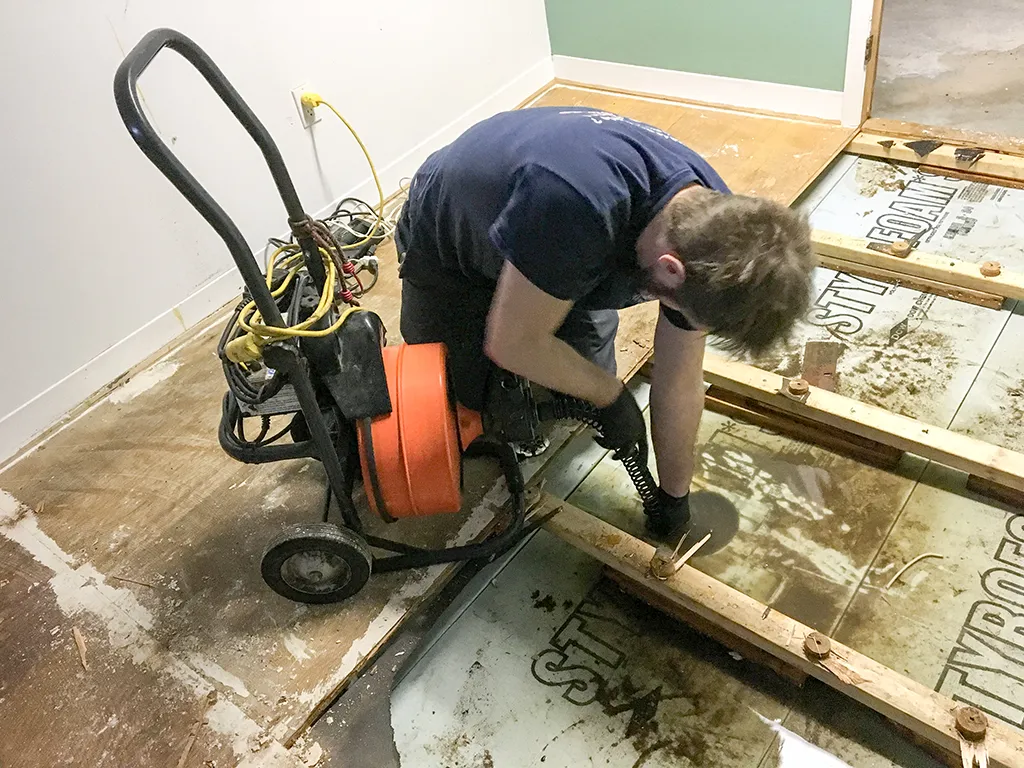
Do you really need a mould lawyer?
Even though it’s not mandatory, claim errors can be expensive, time-consuming and stressful. Hiring a skilled mould lawyer is strongly advised to ensure you get the total compensation you deserve.
At Rogalski Lawyers, we value your comfort, especially if you’re facing mould-related illnesses. Our dedicated lawyers are compassionate and willing to visit homes or hospitals as required.
Keep in mind, certain claims have strict criteria and time limits, so seeking legal advice early, preferably right after an insured event or diagnosis, is best.
Enquire NowWe’ve helped hundreds of clients since 2018
Want to know if you have a claim?
Our lighting-fast, user-friendly online claim checker can confirm if you have a valid claim.

Mould Exposure Claims FAQs
How do you claim mould damage to your home?
To claim mould damage under your home and contents policy:
- Confirm an event covered by the insurance policy occurred at the property, such as burst pipes, storms, or appliance leaks.
- Prove that the mould resulted from the insured damage. This process often requires expert testing by a mycologist to determine mould presence and its likely cause.
What do I do if I find mould in my rental property?
- Notify your landlord about the issue.
- Work with the landlord to decide on the removal process and cost coverage. Contribution towards any damage typically falls on the party accountable for the mould’s cause—landlord for structural issues or tenant for cleanliness and ventilation.
- Obtain a written quote from a mould removal specialist and provide it to your landlord, requesting their responsibility for the cost.
- Take photos of the mould before removal as evidence in case of disputes with the landlord.
What do I do if I suffer workplace mould exposure?
Should you experience any symptoms or illnesses linked to workplace mould exposure, you should notify your employer, supervisor, health and safety officer, union representative, or school board. You should then be eligible to file a Workers’ Compensation claim and/or claim for damages. We can help you with this process for no upfront fees.
Does it matter if my former employer no longer exists?
In Queensland, it doesn’t matter if your previous employer no longer exists. Queensland Workers’ Compensation allows an employee to claim against a former employer’s insurance policy. Laws differ between states, so it’s essential that you obtain professional legal advice as soon as possible after diagnosis or even from when symptoms commence.
Will I be charged for the initial consultation to see if I can make a claim?
No. Rogalski Lawyers offer a FREE initial consultation and then operate on a No Win, No Fee basis if we believe that you have a viable claim. You are under no obligation to proceed after the initial consultation.
Can I claim toxic mould compensation for the death of a loved one?
Yes. You can lodge a dependency claim if one of your dependent family members has passed away as a result of exposure to toxic mould.
